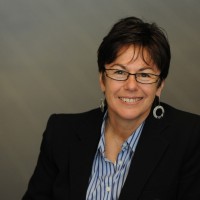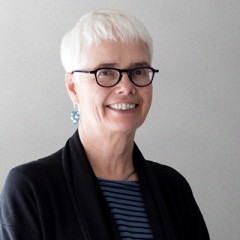by Kira Locken, CFICE Volunteer
 The Canadian Association of Elizabeth Fry Societies (CAEFS) creates and funds projects to demonstrate and eradicate the systemic violence and inequality against women in society.
The Canadian Association of Elizabeth Fry Societies (CAEFS) creates and funds projects to demonstrate and eradicate the systemic violence and inequality against women in society.
Inspired by the work of Elizabeth Fry and established as a non-profit organization in 1978, one of the main principles of CAEFS is to prevent the criminalization and incarceration of women.This is done through collaboration among 24 Elizabeth Fry Societies across Canada, which formed the Association in 1969, offering services and advocacy across Canada.
Services include assistance with legal matters such as applications for a pardon to parole boards as well as individual and group counseling for experiences that contribute to the criminalization of women, including domestic abuse,sexual exploitation and trauma. Elizabeth Fry Societies also offer legal support during the court process, and programs to help women reintegrate into society after serving their sentence. CAEFS advocates on behalf of individual women who have been incarcerated to raise issues related to human rights and the conditions of confinement. CAEFS pursues these same issues on a macro level to advocate for systemic change.
CAEFS is a founding partner in the Community First: Impacts of Community Engagement (CFICE) project. Since the project’s inception in April 2012 , CAEFS has collaborated, along with other partners, on projects aimed at supporting women, particularly with respect to the relationship between violence against women and the criminalization of women.
Senator Kim Pate, past executive director of CAEFS, worked with Diana Majury, a Carleton law Professor, to co-lead CFICE’s Violence Against Women hub. Other hub partners include: Harmony House, the Sexual Assault Support Centre of Ottawa, Vancouver Rape Relief and Women’s Shelter, and the Centre for Research on Violence Against Women and Children at the University of Western Ontario.
Currently, the Elizabeth Fry Society of Ottawa is working with CFICE and Harmony House on the project, “Charging Practices in Ottawa Cases of Domestic Violence.” The project is exploring the histories of abuse that lead many women to themselves being charged with domestic abuse. It asks if and how the criminal justice system responds to these histories.
Diana Majury, The VAW hub academic co-lead, is very excited about the potential for this project to improve the response of the criminal justice system to women who have been abused. “In a domestic violence situation, police are supposed to investigate the history and context of the abuse, not simply the isolated incident. Given the numbers of women with lengthy histories of abuse who are being charged with domestic abuse, we expect that this mandated contextual inquiry is not taking place or not having any impact on the charging decision. This CFICE sponsored research is hugely important. It will contribute to our understanding of the criminal justice system’s treatment of abused women and will provide a basis for advocacy to eliminate the practice of charging abused women with domestic abuse.
For more information about the Canadian Association of Elizabeth Fry Societies, please visit their website.

